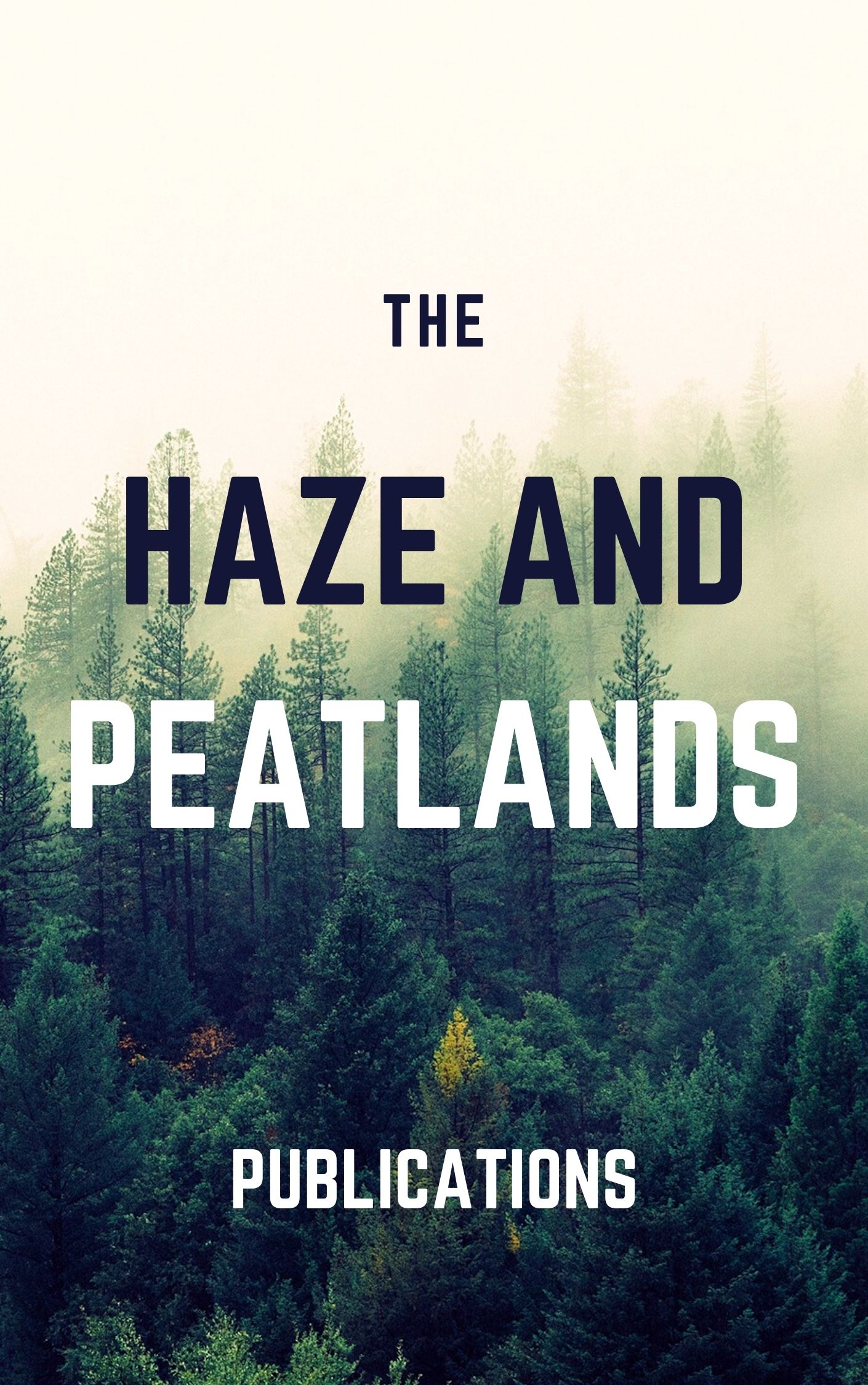The aim of this research was to study environmental catastrophes caused by climate change in northern Thailand, which have had a direct impact on people's health, their quality of life, and the economy. It was found that the smog caused by forest fires, open-air burning, and smog emissions from vehicles has been the problems in northern Thailand. Furthermore, the level of particulate matter smaller than 10 microns (PM10) could rise to 383 micrograms per cubic meter of air in some years. This level exceeded by three times the air quality standards of Thailand with a 24-hour average level of 120 micrograms per cubic meter of air. Therefore, the purpose of this research was to study and develop the instruments, methods, and implementations in reducing the effects of climate change by constructing perception and collaboration in decreasing the effects of climate change through STEM Education with undergraduate students. The participants of this study were 67 students majoring in Industrial and Technological Education at Chiang Mai Rajabhat University who had the pre-service student teaching practicum experience in the academic year 2018. The participants of this study could be role models for knowledge management and publicize the knowledge of reducing catastrophic effects of smog among primary and secondary school students, school staff and communities and give aid when an emergency occurred. There were 40 schools in northern Thailand participating in this research project. With reference to the research findings, they revealed that before participating in this research project, the 67 students had knowledge of catastrophes caused by climate change in northern Thailand at a level of 45 percent on average, while their knowledge increased to 88 percent after taking part in this project. In other words, their knowledge increased by 43 percent or there was a significant increase in knowledge to 95 percent. It can be concluded that the students in this study could create a role model of knowledge management, distribute information on how to decrease catastrophe from the smog, and give help efficiently to the 40 schools participating in this research project when there was an emergency (without significant difference). © 2019 IOP Publishing Ltd. All rights reserved.
View source

